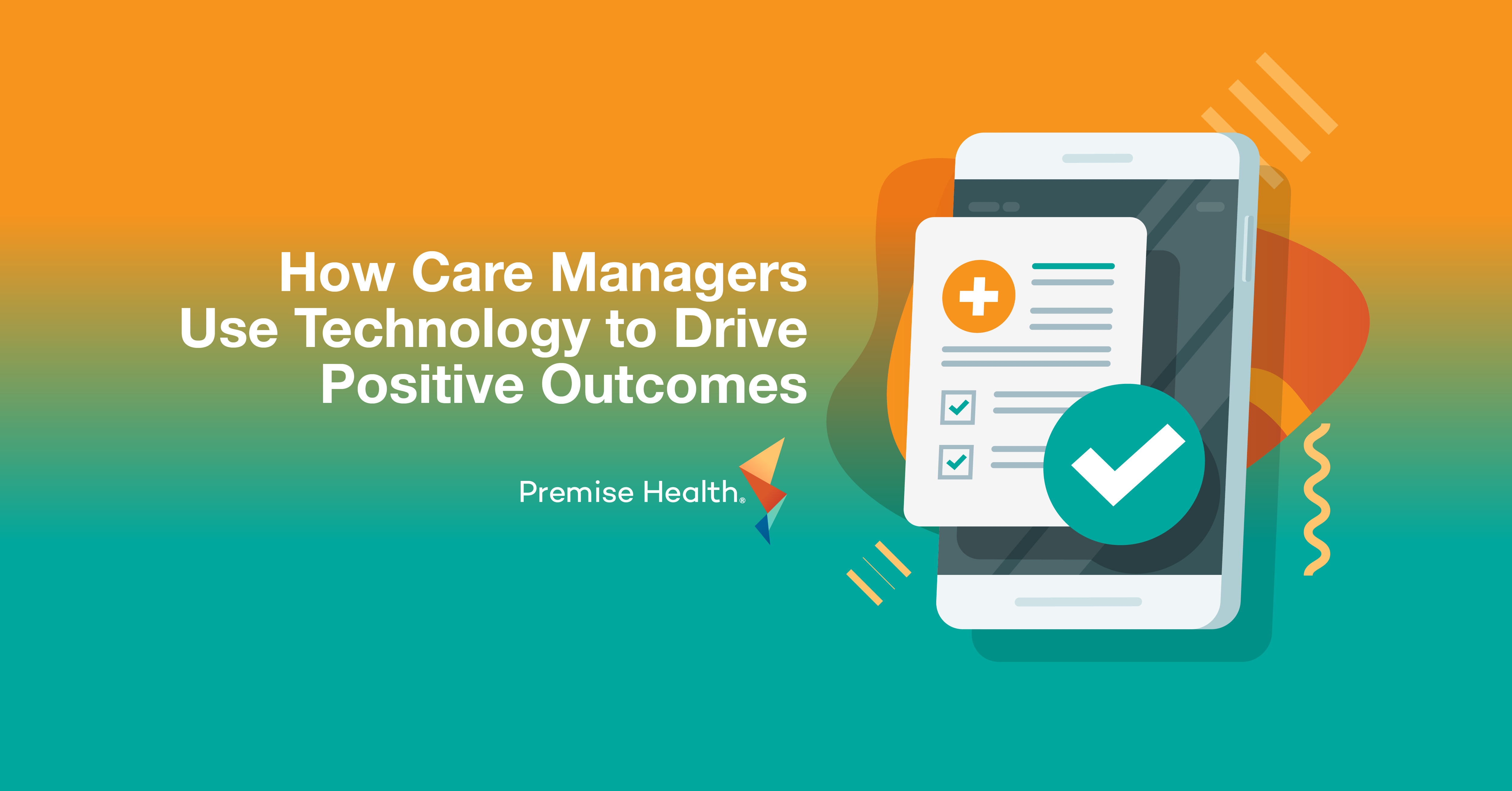Biometric screenings: Why are more organizations offering them to employees and their families?
Biometric screenings are short health exams that include bloodwork and measurements like height, weight, and waist circumference. They’ve grown in popularity in recent years, with more than 50 percent of large firms offering some type of screening program in 2014.
What’s behind the biometric screening trend? The simple answer is healthcare costs. As those costs have risen, many organizations have invested in programs like biometric screenings, with the goal of helping employees and their families be healthier.
What’s the purpose of a biometric screening?
A biometric screening establishes a health baseline that can be used to evaluate risk for a variety of health issues, many of which can be prevented through early detection and lifestyle changes.
At Premise Health, we use the information from biometric screenings to help our members stay healthy. If their results show they may be at risk for certain diseases, such as diabetes, we work with them to improve their health through nutrition counseling, fitness coaching and other services. Thanks to regular screenings and health education, we can help members prevent many diseases by proactively addressing their causes.
We also use the information from biometric screenings to keep organizations up-to-date on the health of their employee and dependent populations. While companies never receive individual results, they do receive a snapshot of the overall, aggregate health results based on the biometric screenings. This information gives them important insight that can help them improve health benefits to better meet the needs of their people.

Can companies see individuals’ screening results?
No. An organization might receive aggregate results that indicate the health of its workforce overall. But it will never receive the results of individuals, since that would violate the Health Insurance Portability and Accountability Act (HIPAA).
What are some of the benefits of offering biometric screenings?
Knowledge is power, for individuals and companies. Someone who finds out they have high blood pressure, for example, can then take steps to control it. When screenings are paired with in-depth education on nutrition fitness, alongside programs and support to help people change their behavior, they can lead to important lifestyle changes.
The information from these screenings can also help employers and other organizations decide which health programs to offer. For example, if many people at a company show prediabetes symptoms, that company might decide to offer nutrition classes at the jobsite or near where many of its employees and their families live.
What is included in a biometric screening? What do people receive from them?
The most common measures are
- Body composition: Height, weight, body mass index, body fat percentage, and waist circumference
- Blood pressure
- A blood sample to test cholesterol, triglycerides and glucose levels
After a Premise Health screening, members receive a personal copy of their results and a health education booklet with easy-to-understand explanations for each test.
For our clients who have onsite and nearsite health centers, screening participants may also review the results with their provider.
What if people don’t want to participate?
Many organizations offer incentives to encourage participation. For example, employers might offer a discount on health insurance premiums, money toward a health savings account, or a healthy reward like a voucher to a local farmers’ market.
Organizations should not try to require participation in biometric screenings, as that can lead to resentment and may violate some federal regulations. Instead, we recommend that leaders work to set strong examples, with the goal of creating a strong culture of health and wellbeing.
How can organizations better engage employees and their families in their health?
Biometric screenings are a great start. However, we believe companies will receive the greatest return on their investment if they pair biometric screenings with programs and support that help people make healthy changes.
It’s one thing for someone to know they need to improve their diet, but it’s more difficult to do it. People need to educate themselves about nutrition, learn how to cook different foods, and make many other changes to their lifestyles. That’s why increasing access to convenient health programs and support is so powerful. When people have the right resources, it is easier to stay on track over time.
Our approach to biometric screenings
eHealthScreenings, a Premise Health company, offers a range of flexible biometric screening services, using finger stick and venipuncture, to include onsite events, offsite labs, at-home kits, and physician screenings tailored to organizations’ specific wellness needs.
Our screening event team leads clients through the implementation process from start to finish, acting as a single point of contact and tailoring each event to the unique needs of a population. Bilingual English and Spanish portals, communication materials and customer service support are integrated with the eHealthScreenings team for a seamless experience.
If you’re in charge of health at your organization, let us know how access to primary care affects your people. Get in touch – we value your questions and feedback.
Next on industry insights.

Provider Dispensing and its Role in a Better Care Experience
Read the Blog
Clinical Quality at Premise: A Q&A With Meghan McManama, DNP
Read the Blog